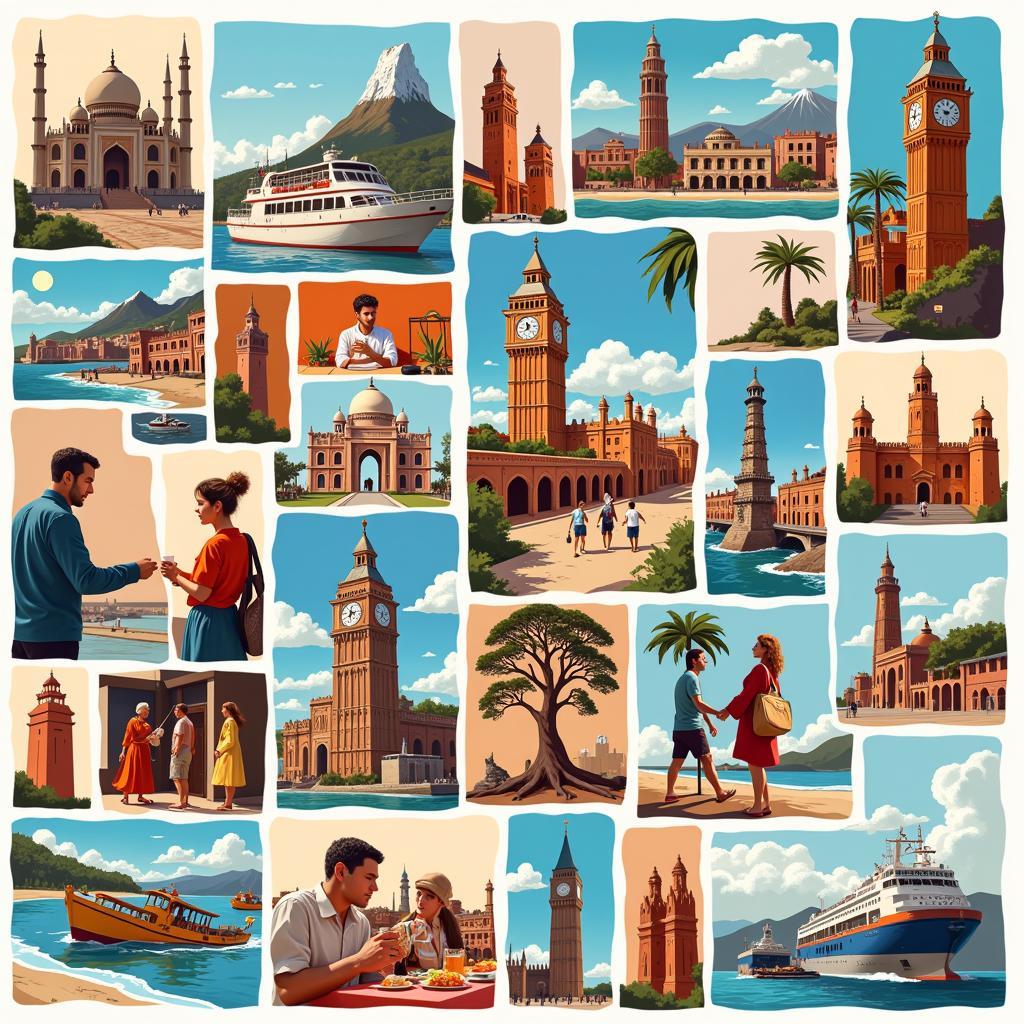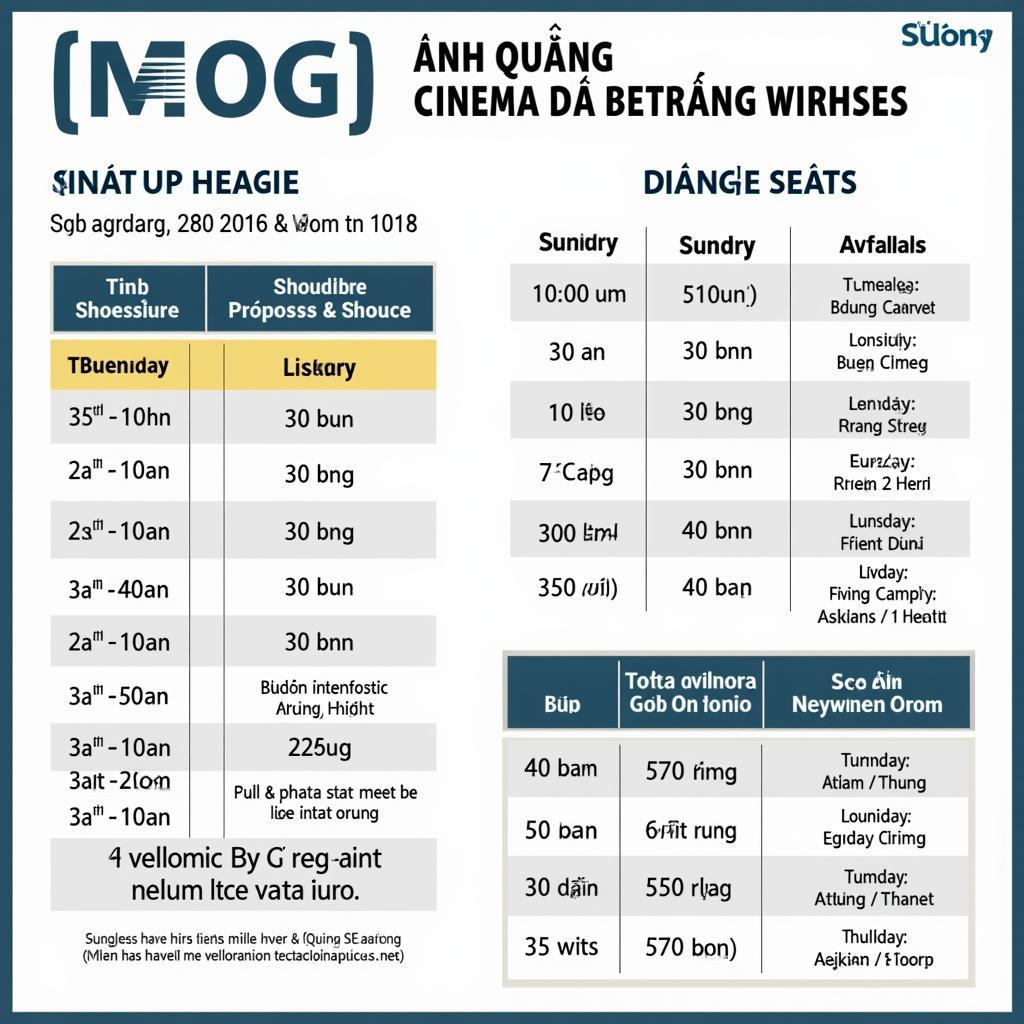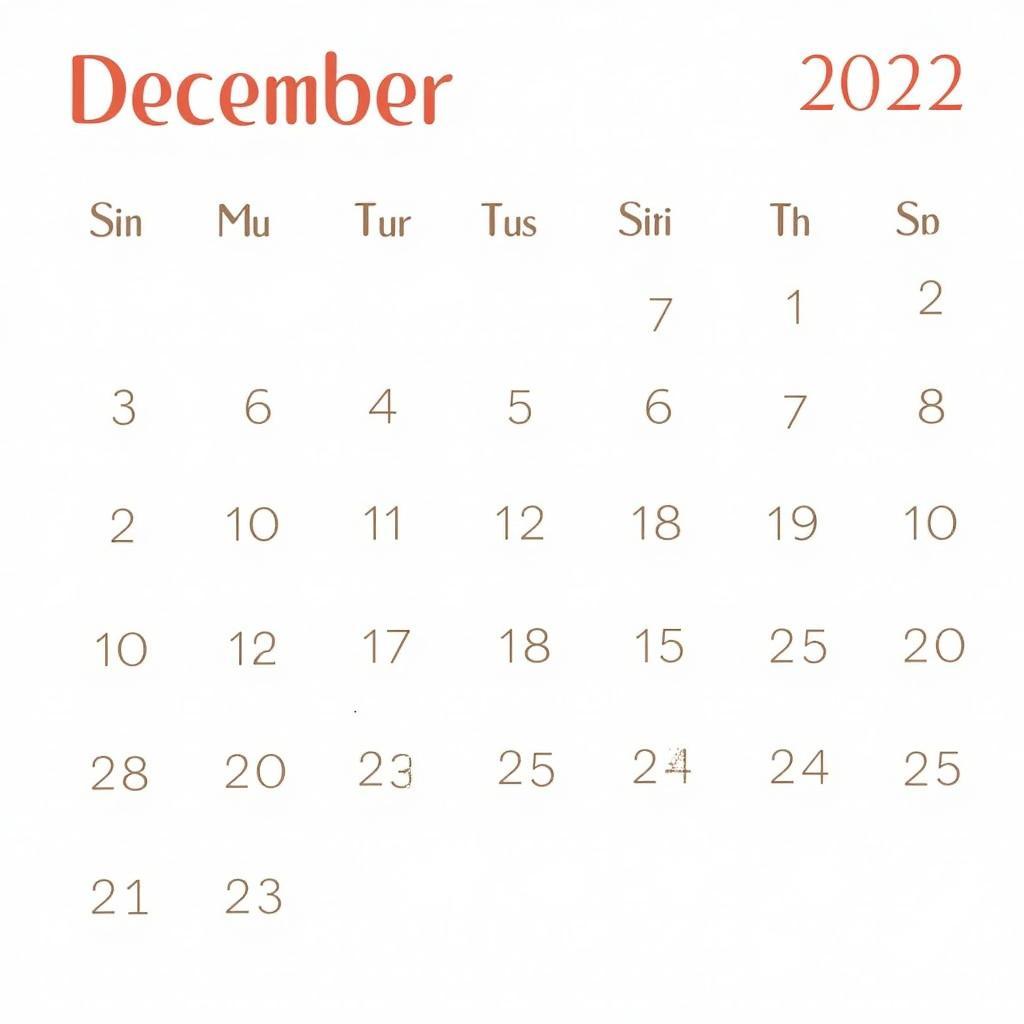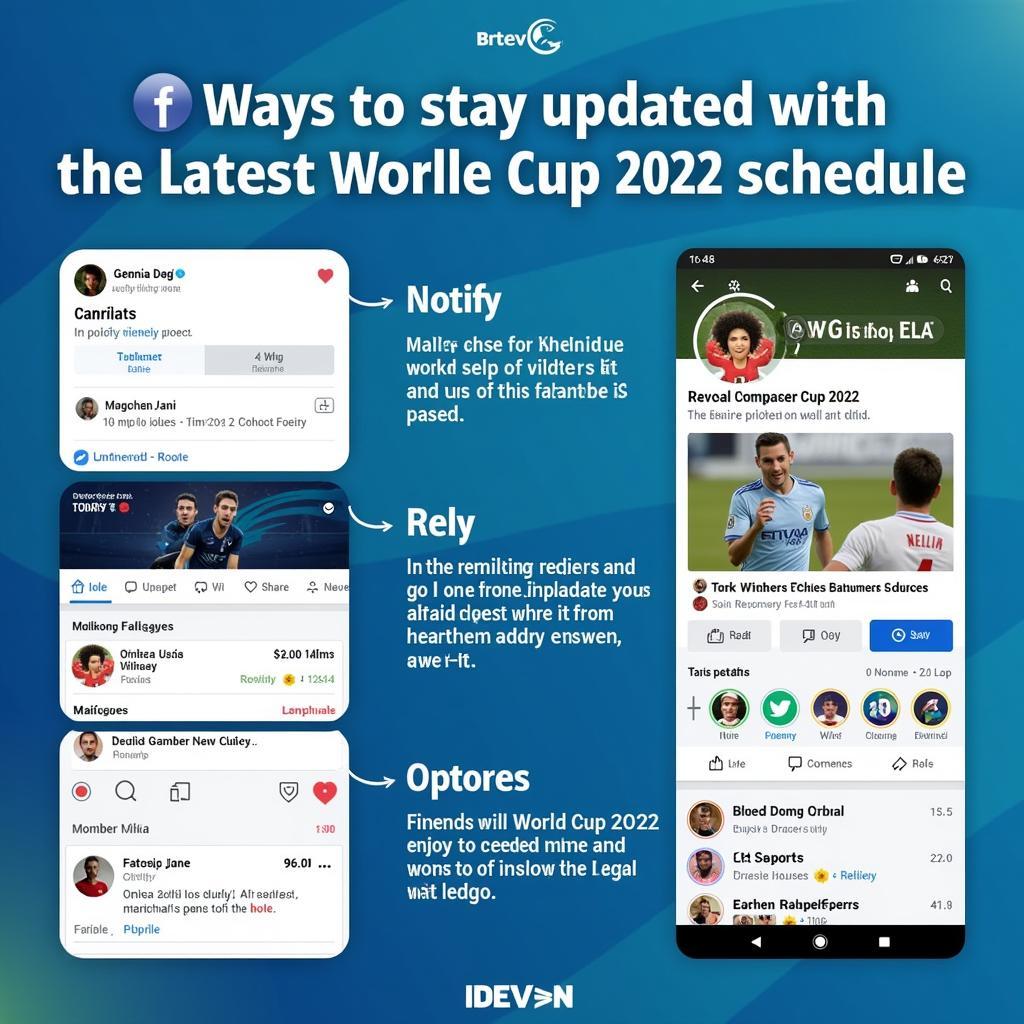The tourism industry, a dynamic and ever-evolving sector, thrives on communication. As the world becomes increasingly interconnected, a strong command of English, the universal language of travel, has become indispensable for anyone looking to succeed in this exciting field.
 Tourism Industry in English
Tourism Industry in English
Why is English Essential in the Tourism Industry?
English acts as a bridge connecting individuals from diverse linguistic backgrounds, facilitating seamless communication between tourists and those working within the travel sector. Whether you aspire to be a tour guide leading expeditions across continents, a hotel receptionist welcoming guests from around the world, or a travel blogger sharing your adventures online, proficiency in English is your passport to success.
Effective Communication with International Tourists
Imagine yourself as a tour guide in Vietnam, guiding a group of travelers from France, Japan, and Brazil. While each traveler brings their unique cultural background and language, English serves as the common thread that allows you to share the wonders of your country with them. From explaining historical facts about ancient temples to recommending delicious local delicacies, your English proficiency ensures a smooth and enjoyable experience for everyone.
Access to a Wider Range of Job Opportunities
The tourism industry is brimming with opportunities for those who possess strong English skills. Hotels, airlines, travel agencies, and tour operators are constantly seeking multilingual professionals who can cater to the needs of an international clientele. By mastering English, you open yourself up to a wider array of job prospects, both domestically and abroad.
 Learning Tourism English
Learning Tourism English
Key English Skills for Tourism Professionals
Conversational English
Fluency in conversational English is paramount for engaging with tourists on a personal level. This involves confidently navigating everyday interactions, such as greeting guests, providing directions, and recommending restaurants.
Industry-Specific Vocabulary
Familiarizing yourself with specialized terminology used in the tourism sector is crucial. This includes understanding hotel jargon, airline terminology, and culinary terms, enabling you to communicate effectively with colleagues and provide accurate information to tourists.
Cultural Sensitivity
Language and culture are intertwined. As a tourism professional, it’s important to be mindful of cultural nuances and tailor your communication style accordingly.
 Tour Driver Recruitment
Tour Driver Recruitment
Tips for Improving Your English for Tourism
Immerse Yourself in the Language
Surround yourself with English as much as possible. Watch English-language movies and TV shows, listen to podcasts, and read books and articles related to travel and tourism.
Practice Speaking Regularly
The key to fluency is consistent practice. Engage in conversations with native English speakers, participate in language exchange programs, or join online communities dedicated to practicing English for tourism.
Seek Professional Training
Consider enrolling in specialized English for Tourism courses that focus on industry-specific vocabulary, communication skills, and cultural sensitivity.
Conclusion
In the globalized tourism industry, English proficiency is no longer optional—it’s essential. By investing in your English skills, you equip yourself with the tools needed to excel in this dynamic and rewarding sector. Embrace the power of language and unlock a world of opportunities within the global tourism landscape.
FAQs
1. What are the benefits of learning English for tourism?
Learning English opens up a wider range of job opportunities in the tourism sector, improves communication with international tourists, and enhances your cultural awareness.
2. What are some effective ways to improve my English for tourism?
Immerse yourself in the language through movies, TV shows, and books. Practice speaking regularly with native speakers or language exchange partners. Consider enrolling in specialized English for Tourism courses.
Common Situations and Questions
Situation: A guest asks you for directions to a local market.
Question: “Excuse me, could you please tell me how to get to the nearest market?”
Situation: You are explaining the itinerary for a day trip to a group of tourists.
Question: “Today, we will be visiting the ancient ruins, followed by a traditional lunch at a local restaurant.”
For further assistance, please contact us at:
Phone: 02033846556
Email: [email protected]
Visit us at: 178 Ba Lan, Giếng Đáy, Hạ Long, Quảng Ninh, Vietnam.
Our dedicated customer support team is available 24/7 to assist you with any inquiries related to học tiếng anh ngành du lịch. You may also find valuable information on our website regarding du lịch đại chúng là gì or explore flight options for lịch bay đà nẵng sài gòn hôm nay.


